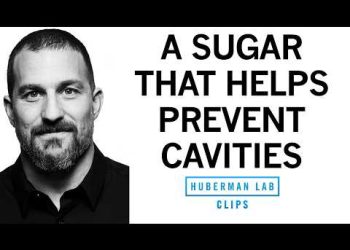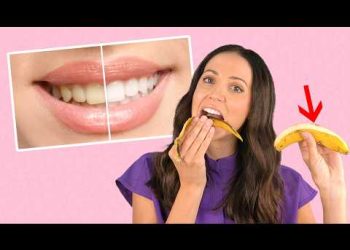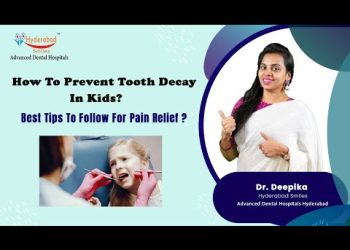Understanding the Importance of Oral Hygiene
Oral hygiene plays a crucial role in maintaining overall health. One of the primary concerns for many people is the accumulation of plaque and tartar on their teeth. Plaque is a soft, sticky film of bacteria that forms on the teeth, while tartar is the hardened form of plaque. Ensuring that these do not build up is key to preventing various dental issues such as cavities, gum disease, and bad breath.
What is Plaque and Tartar?
Plaque is the initial, soft deposit of bacterial biofilm that forms on the teeth when we consume food and drinks. If left unaddressed, it can mineralize into tartar, which is much harder and more difficult to remove. Tartar, unlike plaque, can only be removed through professional dental cleanings, highlighting the importance of addressing plaque before it hardens.
Diet’s Role in Minimizing Plaque
Your diet can significantly influence the amount of plaque that builds up on your teeth. Consuming less sugar and acidic foods can help in reducing plaque formation. Foods that are high in fiber, such as fruits and vegetables, can promote saliva production, which naturally helps to wash away food particles and bacteria.
Prevention Begins with Proper Brushing
An effective brushing technique is vital in preventing plaque accumulation. Using a soft-bristle toothbrush and fluoride toothpaste, brush your teeth at least twice a day. It’s important to brush at a 45-degree angle to your gums and use a gentle circular motion.
The Importance of Flossing
While brushing covers the surfaces of the teeth, flossing is crucial for removing plaque from between the teeth and below the gumline. It is recommended that individuals floss at least once a day to ensure these areas are cleaned thoroughly.
Mouthwash: An Additional Protective Layer
Incorporating a mouthwash into your daily routine can provide an additional layer of protection. Mouthwashes can help to reduce bacteria in the mouth and provide fluoride to help strengthen enamel. Choosing an antiseptic or fluoride mouthwash can support your cleaning regimen effectively.
Using Natural Remedies
Some natural remedies may help prevent plaque buildup. Oil pulling, which involves swishing oil like coconut or sesame oil in your mouth, has been cited as an effective method for reducing plaque. Additionally, baking soda is another natural option that can be used to brush teeth, due to its mild abrasiveness and ability to neutralize acids in the mouth.
The Role of Regular Dental Check-ups
While much can be done at home, regular dental check-ups are indispensable in preventing plaque and tartar build-up. Professional cleanings allow for the removal of tartar that you cannot address at home and allow your dentist to assess your oral health, providing necessary treatments before they become more serious problems.
Correcting Misconceptions
There are several myths regarding plaque and tartar prevention and removal. One common misconception is that simply rinsing your mouth with water can prevent plaque. While rinsing can help remove some particles, it cannot replace brushing and flossing in effectively cleaning your teeth.
Conclusion: Putting It All Together
An effective plaque prevention regimen combines several strategies: proper brushing and flossing techniques, a diet low in sugars and acids, regular use of mouthwash, and consistent dental visits. Natural remedies can offer additional support but should not replace traditional oral hygiene practices. By staying informed and proactive, you can maintain a healthy mouth and a confident smile.









